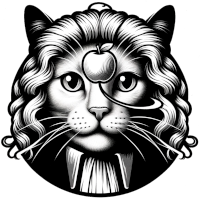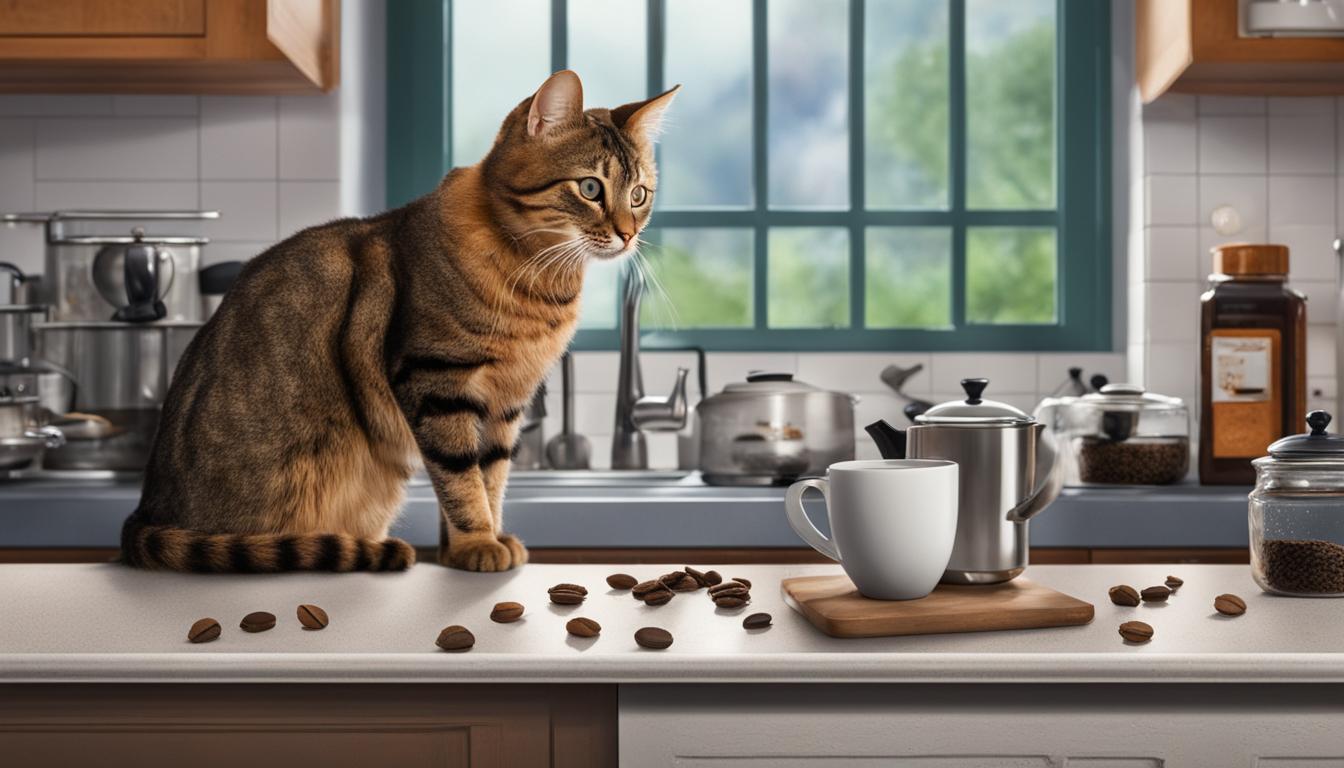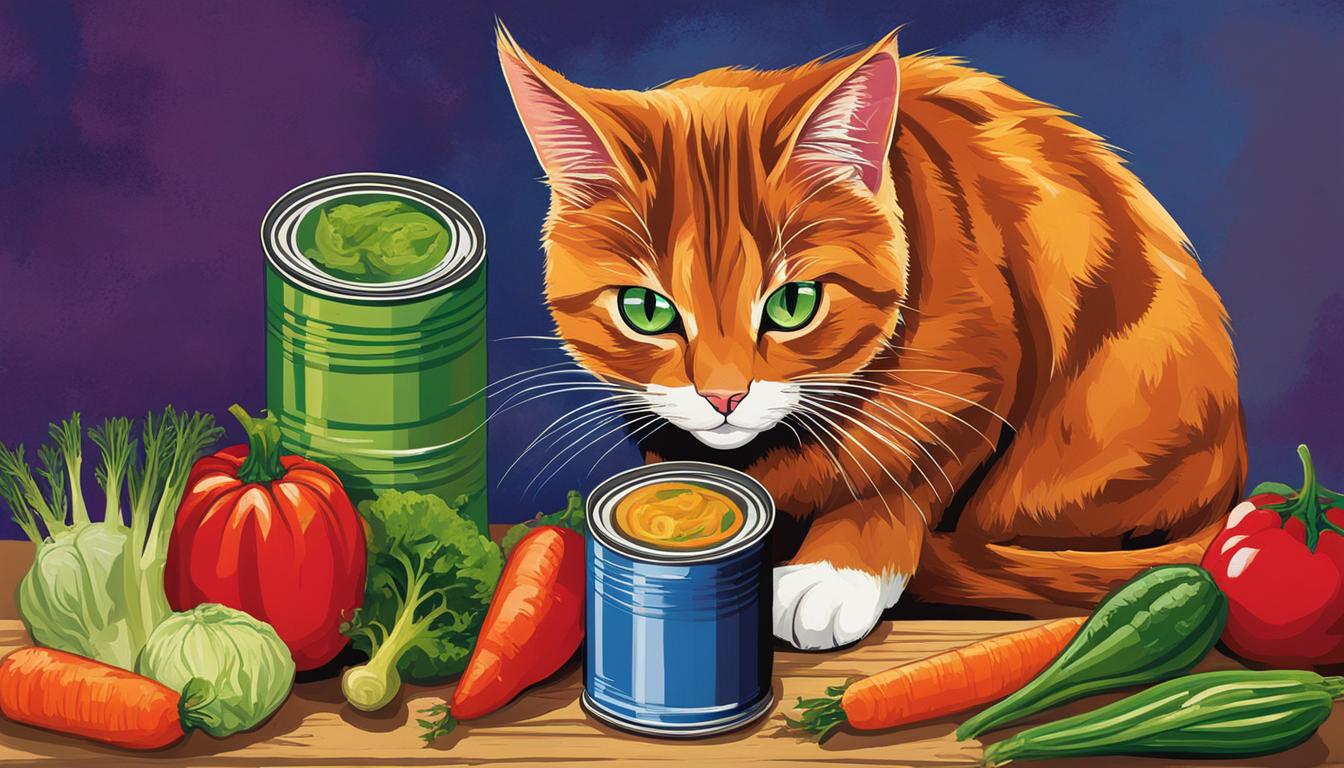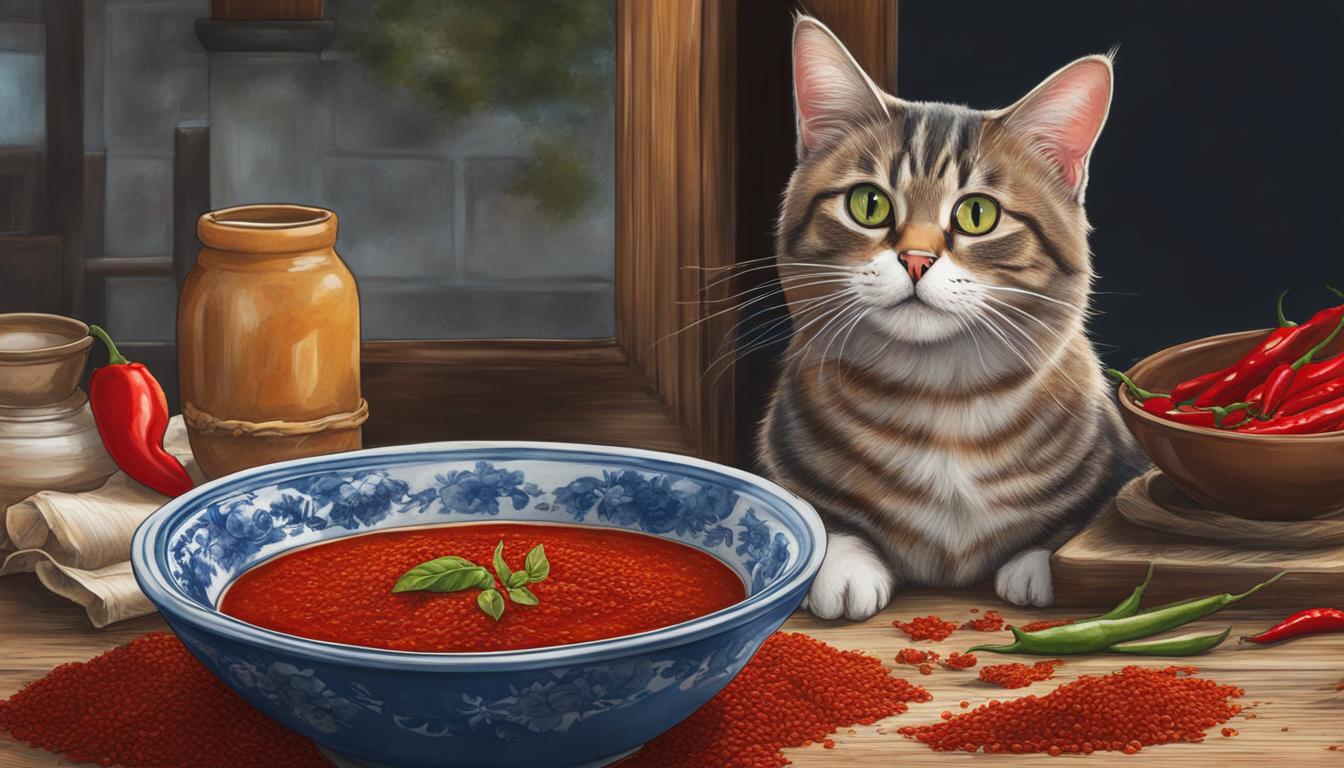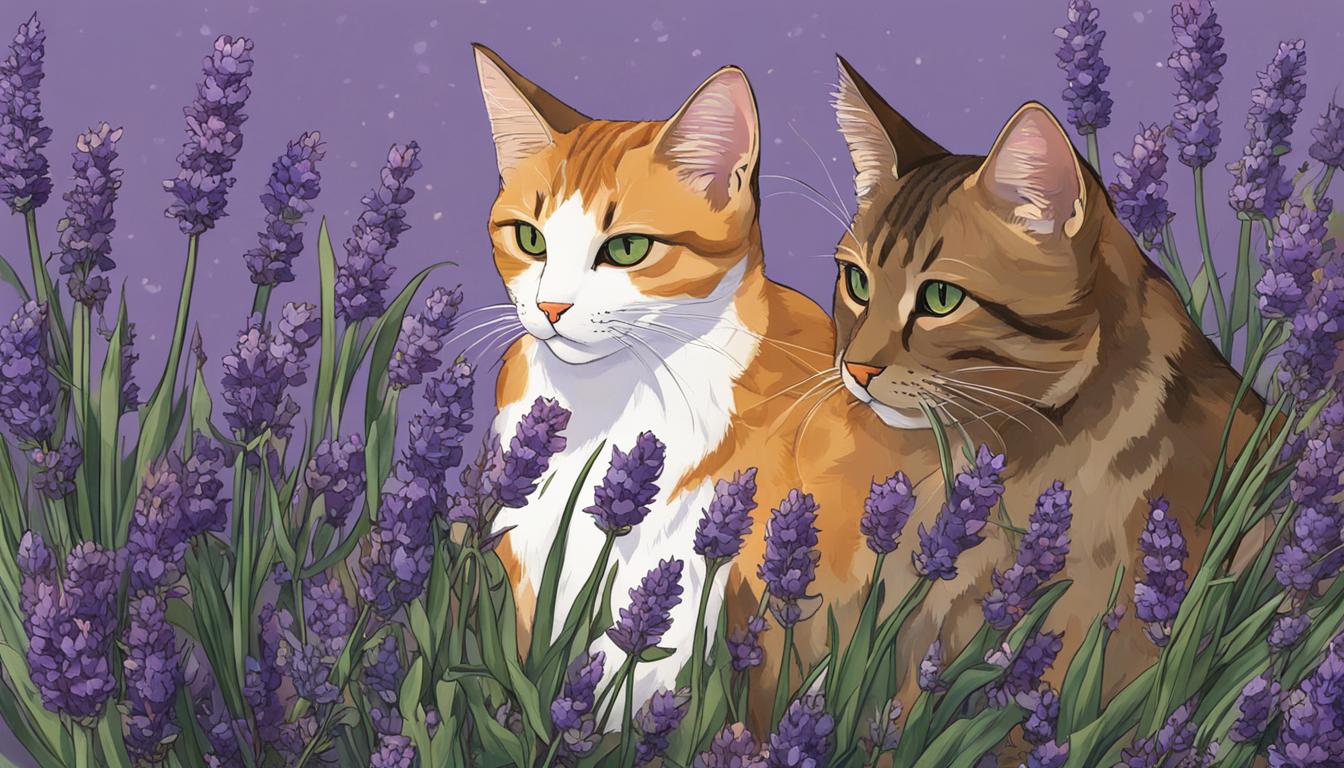Greetings feline lovers! Today, let’s tackle a curious question: can cats indulge in the aromatic delights of coffee and tea? As a diligent cat parent, it’s essential to be aware of the potential dangers lurking in your cups and mugs. So, let’s explore the topic of coffee and tea toxicity in our beloved feline friends.
Key Takeaways:
- Caffeine ingestion can be toxic to cats and may lead to severe health issues.
- Coffee grounds, tea leaves, and other caffeinated products should be kept out of reach of cats to prevent accidental ingestion.
- Cats are more sensitive to caffeine than humans, and even small amounts can have serious consequences.
- Seek immediate veterinary care if you suspect your cat has ingested caffeine.
- Provide your feline friends with safe, non-caffeinated alternatives, such as homemade treats and caffeine-free beverages.
Common Sources of Caffeine for Cats
When it comes to caffeine, cats are particularly sensitive and can experience serious health issues if they ingest this stimulant. It is important for cat owners to be aware of the common sources of caffeine in the household to prevent accidental ingestion and potential poisoning. Some of the most common sources of caffeine include:
- Coffee: Coffee grounds, instant coffee, and brewed coffee all contain caffeine and should be kept out of reach of cats.
- Tea: Both tea bags and loose tea leaves can contain caffeine and should be stored in a location that cats cannot access.
- Sodas and Energy Drinks: These carbonated beverages can contain high levels of caffeine and should not be given to cats.
- Chocolate: Chocolate contains theobromine, which is similar to caffeine and can be toxic to cats. It is important to keep all chocolate products away from cats.
While these are some of the most common sources of caffeine, it is important to be aware that other products such as certain medications, supplements, and even some flavored foods may also contain caffeine. Always check the ingredient list to ensure that any products you give to your cat are caffeine-free.
It’s worth noting that kittens are especially vulnerable to the toxic effects of caffeine. Their small size and developing bodies make them more susceptible to the harmful effects of this stimulant. Extra caution should be taken to keep caffeine-containing products safely out of their reach.
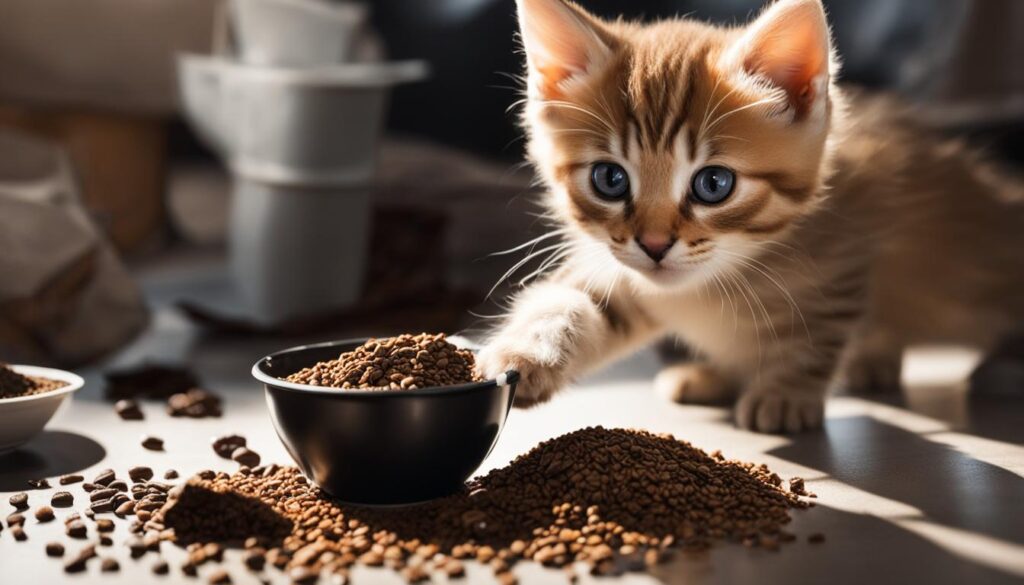
Decaffeinated products may seem like a safe alternative for cats, but it is important to exercise caution. Some decaffeinated products may still contain trace amounts of caffeine, which can be harmful to cats. It is always best to consult with a veterinarian before introducing any new food or beverage to your cat’s diet.
| Common Sources of Caffeine | Safe Alternatives |
|---|---|
| Coffee | Water or cat-friendly herbal teas |
| Tea | Caffeine-free cat-friendly herbal teas |
| Sodas and Energy Drinks | Water or cat-friendly flavored water |
| Chocolate | Cat-friendly treats without chocolate |
It is essential to prioritize the health and well-being of our feline friends by ensuring that they are not exposed to potentially harmful substances like caffeine. Keeping a vigilant eye on their environment and providing them with appropriate alternatives will help keep them safe and healthy.
Symptoms of Caffeine Toxicity in Cats
When cats ingest caffeine, a range of symptoms can occur due to the stimulant effects on their central nervous system. It’s important for pet owners to be aware of these symptoms and seek veterinary care if caffeine toxicity is suspected. Some common signs of caffeine poisoning in cats include:
- Increased heart rate: Caffeine can cause an elevated heart rate in cats, which can have serious implications for their health.
- Hyperactivity: Cats exposed to caffeine may become highly active and restless, exhibiting an unusual level of energy.
- Restlessness and pacing: Caffeine can disrupt a cat’s normal behavior, leading to restlessness and excessive pacing.
- Vocalization: Some cats may vocalize excessively when affected by caffeine toxicity.
- Vomiting and diarrhea: Caffeine ingestion can irritate the digestive system, resulting in vomiting and diarrhea.
- Muscle tremors: Cats may experience involuntary muscle tremors as a result of caffeine exposure.
- Seizures: In severe cases, caffeine toxicity can lead to seizures, which can be life-threatening.
If you notice any of these symptoms in your cat and suspect caffeine ingestion, it’s crucial to contact a veterinarian immediately for guidance and treatment.
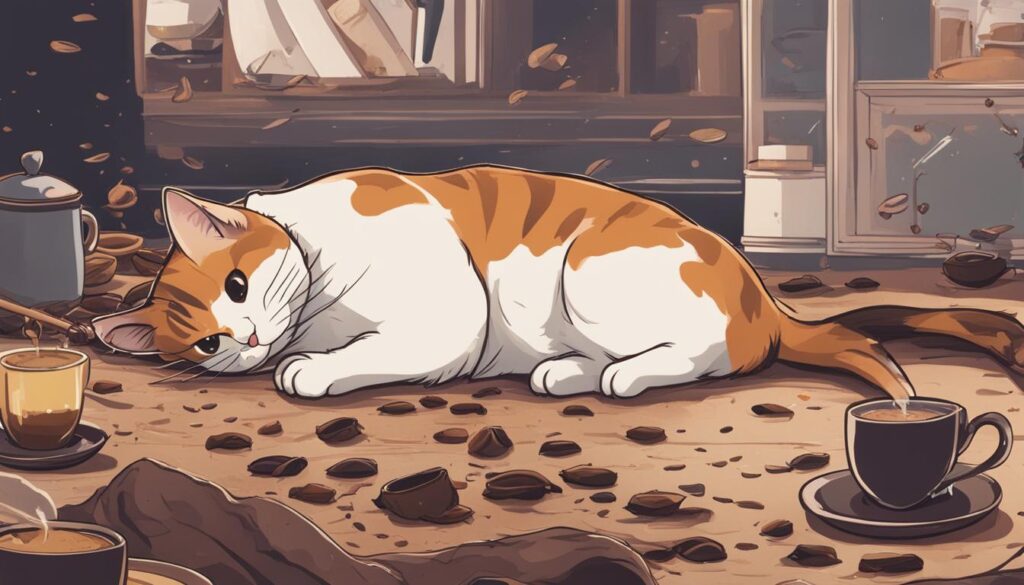
Emergency Care for Caffeine Ingestion in Cats
When a cat ingests caffeine, immediate veterinary care is crucial to prevent complications and ensure proper treatment. Early intervention can make a significant difference in the cat’s recovery and overall health. The severity of caffeine toxicity in cats can vary depending on factors such as the amount ingested, the cat’s size and health, and the concentration of caffeine in the product.
Veterinarians may employ several strategies to address caffeine ingestion in cats. One common approach is to induce vomiting to remove the caffeine from the cat’s system. This can be done using medication or by manually triggering the cat’s gag reflex. Another method is to administer activated charcoal, which helps minimize the absorption of the caffeine in the digestive tract. Activated charcoal binds to the caffeine, preventing it from being absorbed into the bloodstream.
In severe cases of caffeine toxicity, hospitalization may be necessary for further monitoring and treatment. Cats may require supportive therapy with intravenous fluids to prevent dehydration and support kidney function. Additionally, medications may be prescribed to treat specific symptoms such as muscle tremors and seizures. With timely and appropriate veterinary care, cats have a higher chance of recovering from caffeine ingestion and avoiding long-term health issues.
| Treatment for Caffeine Toxicity in Cats | Explanation |
|---|---|
| Inducing Vomiting | Immediate action to remove caffeine from the cat’s system. |
| Administering Activated Charcoal | Binds to caffeine to minimize absorption in the bloodstream. |
| Supportive Therapy | Intravenous fluids to prevent dehydration and support kidney function. |
| Medications | Prescribed to treat symptoms such as muscle tremors and seizures. |
“Early intervention in cases of caffeine ingestion is crucial to a cat’s recovery. Seeking immediate veterinary care can prevent further complications and ensure the best possible outcome.”
Caffeine Sensitivity in Cats: Understanding the Risks
When it comes to caffeine, cats are much more sensitive than humans. Even small amounts of caffeine can have serious health effects on our feline companions. That’s why it’s important for cat owners to be aware of the potential dangers and take steps to protect their pets.
The sequel follows coffee toxicity in cats, where we explored the risks of cats consuming coffee grounds or tea leaves. In this section, we’ll dive deeper into the topic of caffeine sensitivity in cats and whether herbal teas are a safe alternative. Let’s explore further.
| Caffeine Sensitivity in Cats | Herbal Teas for Cats |
|---|---|
| Cats are highly sensitive to caffeine due to their inability to metabolize it as efficiently as humans. Even small amounts of caffeine can cause a range of symptoms and health issues in cats, including increased heart rate, hyperactivity, tremors, and even seizures. It’s crucial to keep all caffeinated products, including coffee and tea, out of reach of cats to prevent accidental ingestion and potential harm. | Herbal teas, on the other hand, may be a safer alternative for cats. These teas are typically caffeine-free and made from a variety of plant-based ingredients. However, it’s important to note that not all herbal teas are safe for cats. Some herbs can be toxic to felines, so it’s crucial to consult with a veterinarian before introducing any new food or beverage to your cat’s diet. |
As responsible pet owners, it’s our duty to ensure the well-being and safety of our furry friends. Understanding the risks of caffeine sensitivity in cats and providing them with safe alternatives is essential. Always remember to consult with a veterinarian for expert guidance on what is suitable for your cat’s diet and health.
Conclusion
After exploring the dangers of coffee and tea for cats, it’s clear that these beverages should be kept far away from our feline friends. The potential risks associated with caffeine ingestion can lead to serious health issues, including increased heart rate, hyperactivity, tremors, and seizures. It’s vital that we take proactive measures to protect our cats and ensure their well-being.
So, what can we do to provide our beloved kitties with safe alternatives? One option is to create homemade non-caffeinated treats. By using cat-friendly ingredients, we can whip up delicious snacks that meet their dietary needs without putting them at risk. From tuna bites to chicken jerky, the possibilities are endless. Plus, making treats at home gives us the chance to bond with our furry companions and show them some extra love.
When it comes to beverages, it’s best to stick with caffeine-free options. Herbal teas can be a safer choice, but it’s crucial to consult with a veterinarian before introducing any new food or drink to a cat’s diet. Every cat is unique, and their individual health needs should be taken into consideration.
Remember, the well-being of our cats is in our hands. By being aware of the dangers, keeping coffee and tea out of their reach, and providing them with non-caffeinated alternatives, we can ensure their safety and happiness. So let’s raise our mugs (of caffeine-free tea, of course) and toast to the health of our feline friends!
FAQ
Can cats consume coffee or tea?
No, cats should not consume coffee or tea due to the potential dangers associated with caffeine ingestion.
What are the symptoms of caffeine toxicity in cats?
Symptoms of caffeine toxicity in cats include increased heart rate, hyperactivity, tremors, and seizures.
What are common sources of caffeine for cats?
Common sources of caffeine for cats include coffee, tea, sodas, energy drinks, and chocolate.
Are decaffeinated products safe for cats?
Decaffeinated products may still contain trace amounts of caffeine and should be avoided.
What should I do if my cat has ingested caffeine?
Seek veterinary care immediately if your cat has ingested caffeine. Early intervention is key to successful treatment.
How is caffeine toxicity in cats treated?
Treatment for caffeine toxicity in cats may involve inducing vomiting, administering activated charcoal, and providing supportive therapy with intravenous fluids.
Can kittens ingest coffee?
Kittens are especially vulnerable to the toxic effects of caffeine and should not ingest coffee or any other caffeinated products.
Are herbal teas safe for cats?
Herbal teas may be a safer alternative for cats, but it is best to consult with a veterinarian before introducing any new food or beverage to a cat’s diet.
How can I prevent caffeine ingestion in cats?
Keep all caffeinated products out of reach of cats and provide them with safe, non-caffeinated alternatives such as homemade treats and caffeine-free beverages.
What should I do if my cat shows symptoms of caffeine toxicity?
If your cat shows symptoms of caffeine toxicity, seek immediate veterinary care to prevent complications and ensure proper treatment.
